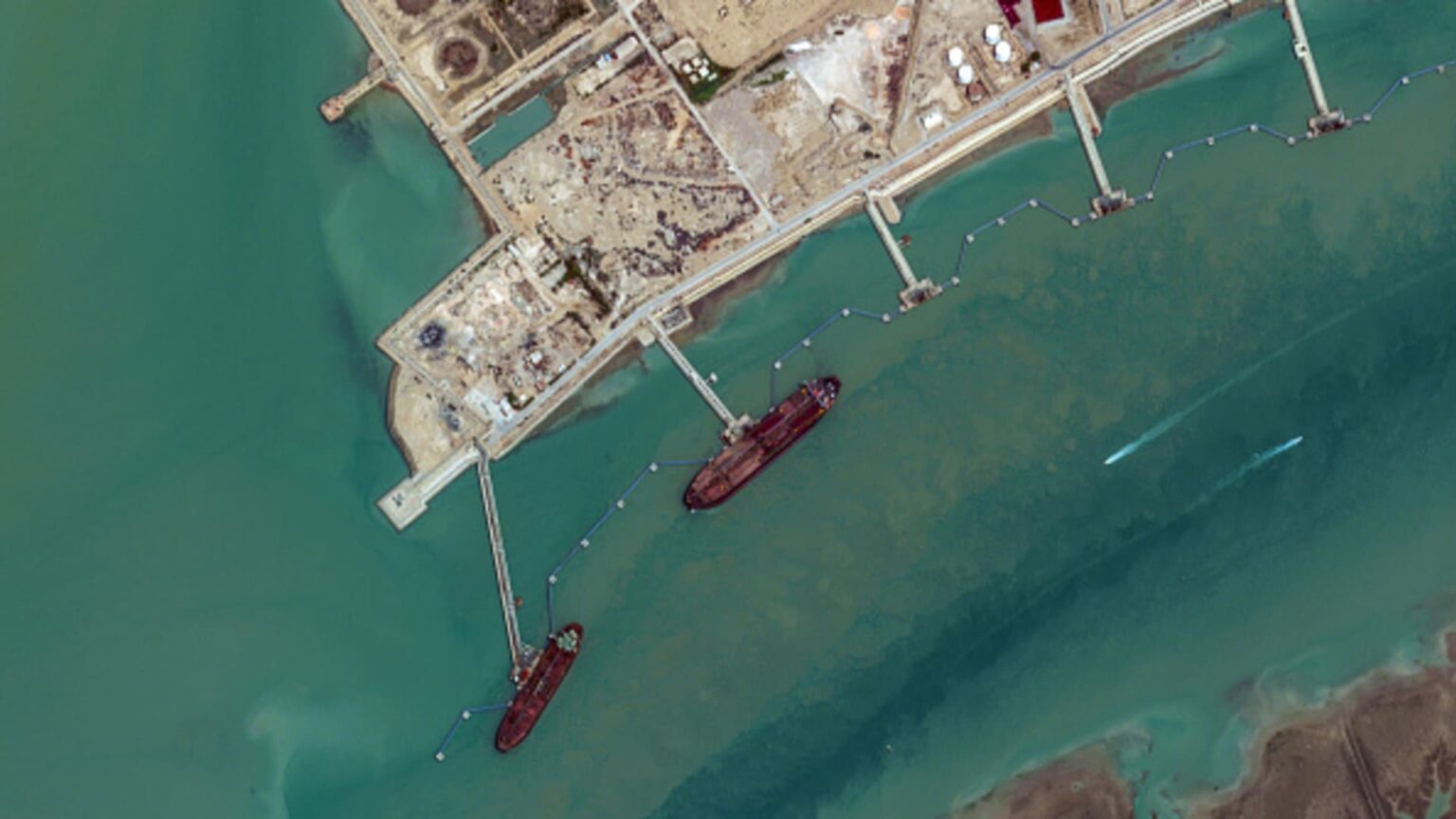U.S. crude oil on Friday posted its biggest weekly gain in more than a year, as traders fear Israel could strike Iran’s crude facilities in retaliation for Tehran’s ballistic missile attack.
U.S benchmark West Texas Intermediate surged 9.09% this week for the biggest weekly gain since March 2023. Global benchmark Brent jumped 8.43% for the biggest weekly advance since January 2023.
U.S. crude oil spiked about 5% on Thursday after President Joe Biden indicated the White House was discussing an Israeli strike on Iran’s oil industry. Biden clarified those comments on Friday, discouraging Israel from targeting oil fields.
“The Israelis have not concluded what they’re going to do in terms of a strike — that’s under discussion,” Biden told reporters at a White House press briefing. “If I were in their shoes, I’d be thinking about other alternatives than striking oil fields.”
Here are Friday’s closing energy prices:
- West Texas Intermediate November contract: $74.38 per barrel, up 67 cents, or 0.91%. Year to date, U.S. crude oil has gained nearly 4%.
- Brent December contract: $78.05 per barrel, up 43 cents, or 0.55%. Year to date, the global benchmark has risen more than 1%.
- RBOB Gasoline November contract: $2.0958 per gallon, up 0.15%. Year to date, gasoline is little changed.
- Natural Gas November contract: $2.854 per thousand cubic feet, down 3.91%. Year to date, gas is ahead more than 13%.
Oil prices would spike by $10 to $20 per barrel if an Israeli strike knocks out 1 million barrels per day of Iranian production over a sustained period, said Daan Struyven, head oil analyst at Goldman Sachs.
Just how high prices would go depends on whether OPEC uses its spare oil capacity to plug the gap, Struyven said.
Though oil prices have surged this week on geopolitical tensions, they have risen from a low baseline. Just last month, prices hit their lowest level in nearly three years as bearish sentiment swept the market on soft demand in China and plans by OPEC+ to increase production.
“The risk to the oil price outlook are definitely significant,” Struyven told CNBC’s “Squawk Box Asia” Friday. The oil market had largely ignored the escalating war in the Middle East until Iran launched nearly 200 ballistic missiles at Israel on Tuesday.
“Geopolitical risk premium priced into oil markets until basically today was quite moderate,” Struyven said. Brent prices at around $77 per barrel are still below Goldman Sachs’ view of what constitutes fair value based on inventory levels, he said.
The risk premium has been modest because there haven’t been sustained supply disruptions over the past two years despite high geopolitical tensions, Struyven said. There is also about 6 million barrels per day of spare capacity on the sidelines that can come online and offset tightness from most supply disruption scenarios, the Goldman Sachs analyst said.
Read the full article here

